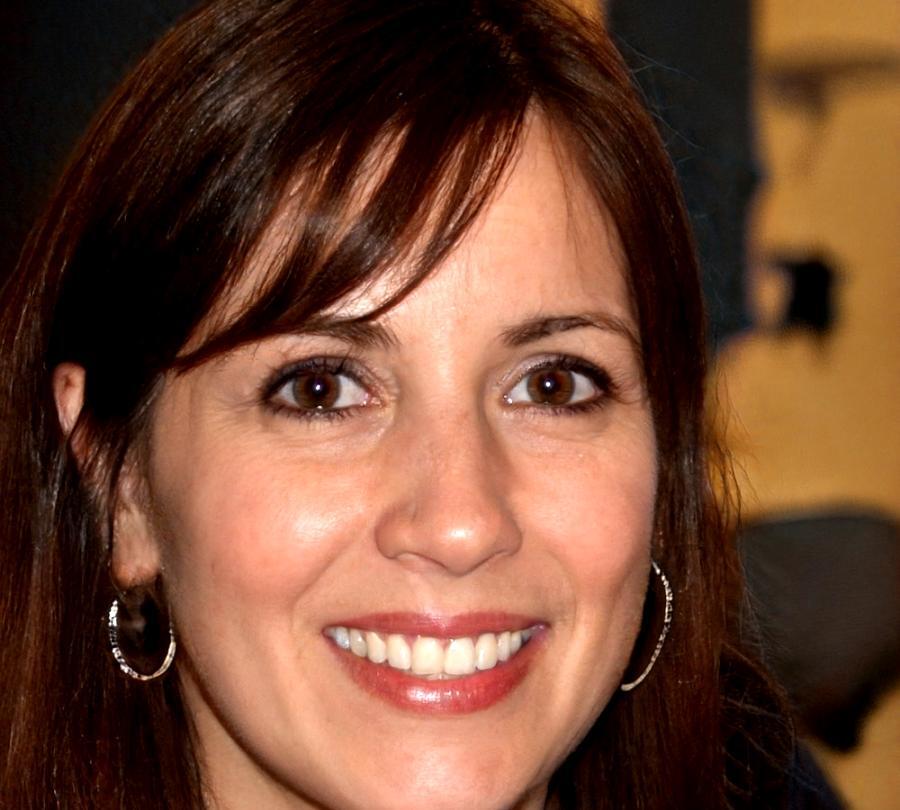Real People Teaching Real Budgeting
We don't do lectures from textbooks. Our instructors have lived through financial chaos, rebuilt their budgets from scratch, and now they're showing you the exact methods that worked. Zero-based budgeting isn't theory here—it's what saved our families.
Talk with Our Team
Meet the People Behind Your Progress
Three instructors who learned budgeting the hard way and decided to make it easier for everyone else. No financial gurus—just regular Australians who figured it out.

Sienna Whitlock
Household Budgeting
Started zero-based budgeting in 2019 after realizing her family was spending 40% more than they thought. Now teaches couples how to stop fighting about money and actually agree on priorities.

Ingrid Bjornstad
Small Business Focus
Ran a cafe that nearly collapsed because she didn't track expenses properly. Rebuilt using zero-based methods and now helps other small business owners avoid the same mistakes she made.

Margot Strachan
Debt Recovery
Cleared thirty-eight thousand dollars in credit card debt over four years using zero-based budgeting. Specializes in helping people who think they'll never get out from under their loans.
How We Actually Teach This
Every session starts with your real numbers. Not hypothetical examples—your actual bank statements and bills. We look at what's coming in, what's going out, and where the gaps are. Then we build a budget where every dollar has a specific job before the month starts.
You'll work through your first month's budget during the session. We catch the mistakes right there—the ones everyone makes like forgetting annual expenses or underestimating groceries. By the end, you've got a budget that actually matches your life, not some ideal version that falls apart by day three.
Sessions run monthly starting September 2025. We keep groups small because this only works if you can ask questions about your specific situation. The goal isn't to memorize budget rules—it's to leave with a system you'll actually use next week.

What Happens in Each Session
We break zero-based budgeting into pieces you can actually handle. Each session builds on the last one, but if you miss something, we catch you up. This isn't about perfect attendance—it's about making progress when you can.